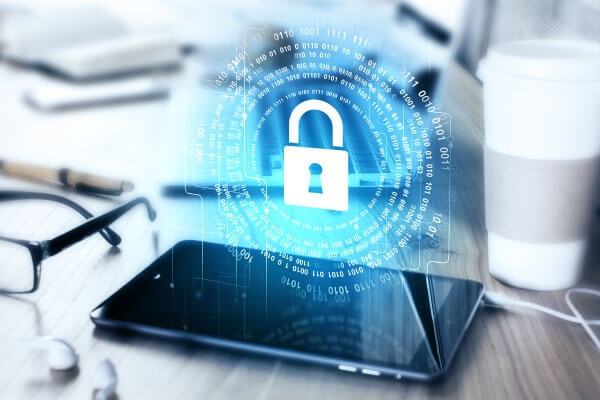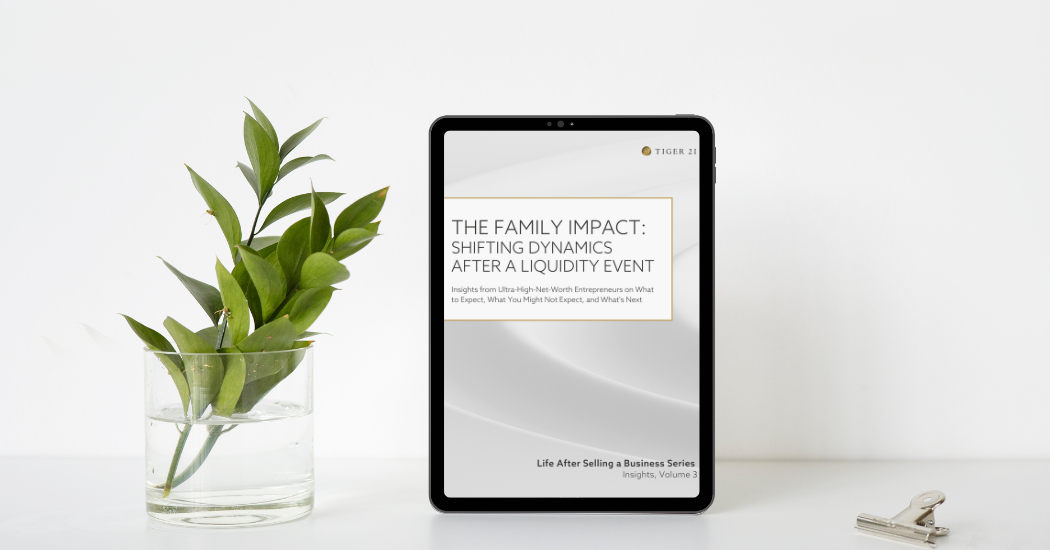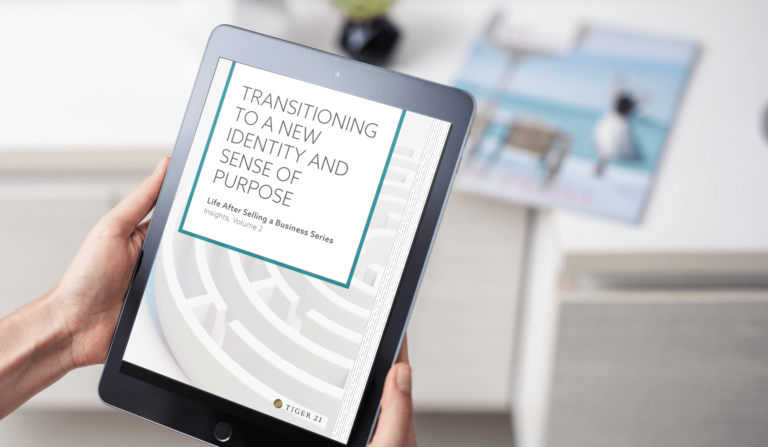Cybersecurity: What You Need to Know to Protect Your Wealth

When it comes to cybercrime, we’ve all heard the mindboggling statistics: Cybercrime affected 143 million Americans in 2017, with financial losses totaling $19.4 billion, according to cybersecurity firm Symantec. Cyber hacking is a growing multi-billion-dollar problem and a distinct concern for those who have high-net-worth. Wealthy investors should operate under the assumption that they’re well-known all over the world, says Gary Sorrentino, a Managing Director for J.P. Morgan Asset & Wealth Management and the Global Head of Client Cyber Awareness and Education. “They have very large footprints; their accounts are across different banks and it’s hard to keep track of them.”
One reason for the rise in cybercrime: The increase in social media makes it easier for hackers to figure out your personal information, says Sorrentino.
Malicious emails containing malware or phishing attacks were a primary threat in 2017, but cybercriminals are now more savvy and subtle in their methods, opting to go through your connections.
“Today’s investors aren’t aware of the methods hackers are using. Cybercriminals are more surgical and calculated when attacking high-net-worth individuals. They’ll use social media to get to your friends and family as a way to get to you,” he says. “Very educated, wealthy people may give out personal information without realizing it, simply because they are distracted or multi-tasking.”
A Comprehensive Cybersecurity Plan
One of the problems is that high-net-worth individuals don’t always see today’s cyber-threats out there, says Sorrentino. You should have cybersecurity in mind before anyone tries to get a hold of your data, not after the fact. “You need to be aware of the potential problem and then get educated about fixing it. People often don’t tell each other that they were hacked because they are embarrassed.” However, if people remain hush about fraud, then no one is looking for the cybercriminals.
Personal computers are usually at home and set up correctly, Sorrentino says. But hackers can access your same accounts through tablets and mobile devices, which are often not set up securely. Install anti-virus software, update your systems and upgrade for maximum protection. “By using anti-virus software, your system is looking for known malicious software and can warn or remediate it before it can cause you an issue,” Sorrentino continues.
“Another problem is high-net-worth individuals hire tech people to make things safe. The tech people can install your equipment, but it doesn’t mean the system is cyber secure,” says Sorrentino. You need to be proactive about keeping your wealth secure by hiring a cybersecurity specialist to do an audit of your network setup, which will show any issues or holes. This will also allow auditors to recommend changes to implement.
Just as you diversify in your portfolio, you should do the same with your networks. Sorrentino advises having two or three separate networks-one for business, another for family, and another for guests, so they are on a different Wi-Fi connection. Splitting up networks means information is not all in one place. Keeping separate networks for the devices that you do trust ensures that you’re not mixing untrusted and trusted devices on the same network.”You need to think, how can I put as many barriers between me and the hackers as possible?”
If you’re using your devices in a coffee shop, hotel, or at the airport, make sure you’ve downloaded a Virtual Private Network (VPN)-software with encryption so that hackers can’t see what you’re typing. You also need to protect yourself from shoulder surfing. People sitting near you can record or take pictures of what you’re keying.
Consider keeping a low profile on social media as well, which makes it harder for cybercriminals to gather your personal details that often make scams seem legitimate. One common mistake that families make: Kids posting when the family is on vacation or traveling. When kids do this, cybercriminals know you are without Wi-Fi on an international flight and you’re a ripe target and won’t receive things like bank alerts. It’s important to explain to kids that their posts have great impact and they need to refrain from oversharing information about their parents.
Cybersecurity Protection Tips
- Keep a six-digit passcode for your phone. You may rely on touch or face identification for an iPhone but if you lose your phone, a six-digit code is your protection. Be sure your phone is set up securely from the start. “Look at the phone’s guide and instruction manual to validate that your mobile devices have the highest level of protection enabled.”
- Create a second or third email address. “It should have no connection to your name, and be more along the lines of, ‘I have a great golf swing’ you want to have multiple identities and use different emails for different purposes.” You want to be anonymous online, so cybercriminals aren’t easily able to gather information about you.
- Use two-factor authentication. “It’s a great defense against users breaking in. It’s like putting a third lock on the door and the key gets generated every time you use it and can’t be used again.”
- Set up alerts on your email accounts. When alerts are in place you will be notified anytime anyone tries to log into your accounts.
- Contact the three credit bureaus and ask them to lock your information and your kids’ social security numbers.
- Select strong passwords (with symbols and emojis as well as numbers and uppercase and lowercase letters) and use password managers – tools that create, store, and enter your user name and password online. “You can have a different password for every site, and you don’t have to remember any of them.” (And while you’re at it, stop using your mother’s maiden name and date of birth. Criminals already figured out her birthday when they saw her party pictures on Facebook with the Happy 80th Birthday banner.) “And your child is not to blame if she posts a picture of your dog and you’re a victim of theft,” Sorrentino says. “It’s your fault for picking the dog as an easy password.”
About TIGER 21
TIGER 21 is an exclusive global community of ultra-high-net-worth entrepreneurs, investors, and executives.
Explore the TIGER 21 Member ExperienceMember Insight Reports










